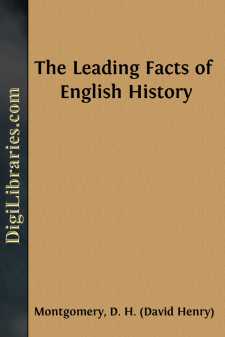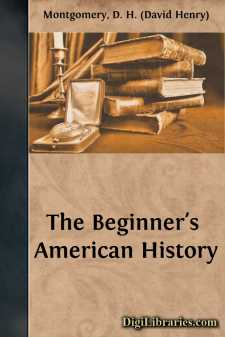Categories
- Antiques & Collectibles 13
- Architecture 36
- Art 48
- Bibles 22
- Biography & Autobiography 815
- Body, Mind & Spirit 144
- Business & Economics 28
- Children's Books 18
- Children's Fiction 14
- Computers 4
- Cooking 94
- Crafts & Hobbies 4
- Drama 346
- Education 58
- Family & Relationships 59
- Fiction 11833
- Games 19
- Gardening 17
- Health & Fitness 34
- History 1378
- House & Home 1
- Humor 147
- Juvenile Fiction 1873
- Juvenile Nonfiction 202
- Language Arts & Disciplines 89
- Law 16
- Literary Collections 686
- Literary Criticism 179
- Mathematics 13
- Medical 41
- Music 40
- Nature 179
- Non-Classifiable 1768
- Performing Arts 7
- Periodicals 1453
- Philosophy 65
- Photography 2
- Poetry 896
- Political Science 203
- Psychology 44
- Reference 154
- Religion 515
- Science 126
- Self-Help 85
- Social Science 82
- Sports & Recreation 34
- Study Aids 3
- Technology & Engineering 59
- Transportation 23
- Travel 463
- True Crime 29
Our website is made possible by displaying online advertisements to our visitors.
Please consider supporting us by disabling your ad blocker.
The Leading Facts of English History
Description:
Excerpt
BRITAIN BEFORE WRITTEN HISTORY BEGAN
1. The Earliest Inhabitants of England.
England was inhabited for many centuries before its written history began. The earliest races that possessed the country were stunted, brutal savages. They used pieces of rough flint for tools and weapons. From flint too they produced fire. They lived by hunting and fishing, and often had no homes but caves and rock shelters.
Following the Cave-Men came a race that had learned how to grind and polish the stone of which they made their hatchets, knives, and spears. This race cleared and cultivated the soil to some extent, and kept cattle and other domestic animals.
[1] Reference Books on this Period will be found in the Classified List of Books in the Appendix. The pronunciation of names will be found in the Index. The Leading Dates stand unenclosed; all others are in parentheses.
2. The Britons
Finally, a large-limbed, fair-haired, fierce-eyed people invaded and conquered the island. They came from the west of Europe. They made their axes, swords, and spears of bronze,—a metal obtained by melting and mingling copper and tin. These implements were far superior to any made of stone.
The new people were good farmers; they exported grain, cattle, and hides to Gaul (France), and mined and sold tin ore to merchants who came by sea from the eastern shore of the Mediterranean.
This strong and energetic race, known as Celts, eventually called themselves Britons. By the time they had adopted that name they had made a great step forward, for they had learned how to mine and manufacture iron,—the most useful metal known to man; from it they forged scythes, swords, and spears.
Such were the people Caesar met when he invaded Britain, fifty-five years before the beginning of the Christian era. The great Roman general called the Britons "barbarians"; but they compelled him to respect them, for they were a race of hard fighters, who fearlessly faced even his veteran troops.
3. The Religion of the Britons; the Druids.
The Britons held some dim faith in an overruling Power and in a life beyond the grave. They offered human sacrifices to that Power, and when they buried one of their warriors, they buried his spear with him so that he might fight as good a battle in the next world as he had fought in this one.
Furthermore, the Britons had a class of priests called Druids, who seem to have worshiped the heavenly bodies. These priests also acted as prophets, judges, and teachers. Caesar tells us that the Druids instructed the youth about the stars and their motions, about the magnitude of the earth, the nature of things, and "the might and power of the immortal gods."
More than this, the Druids probably erected the massive stone columns of that strange stucture, open to the sky, whose ruins may still be seen on the lonely expanse of Salisbury Plain. There, on one of the fallen blocks, Carlyle and Emerson sat, when they made their pilgrimage to Stonehenge[1] many years ago, and discussed the life after death, with other questions of Druid philosophy....



